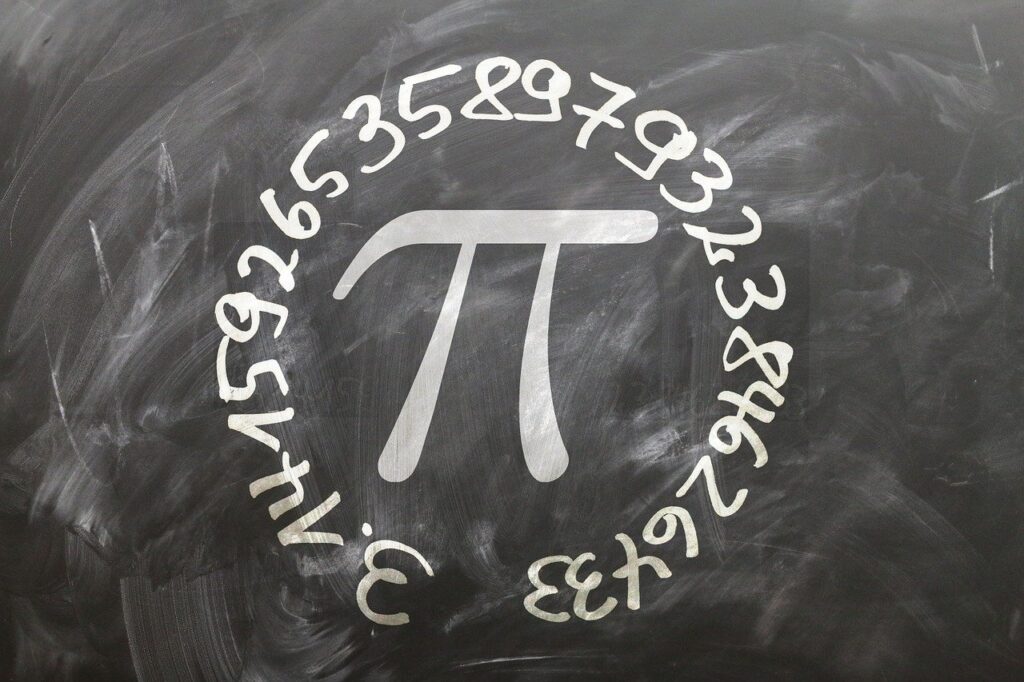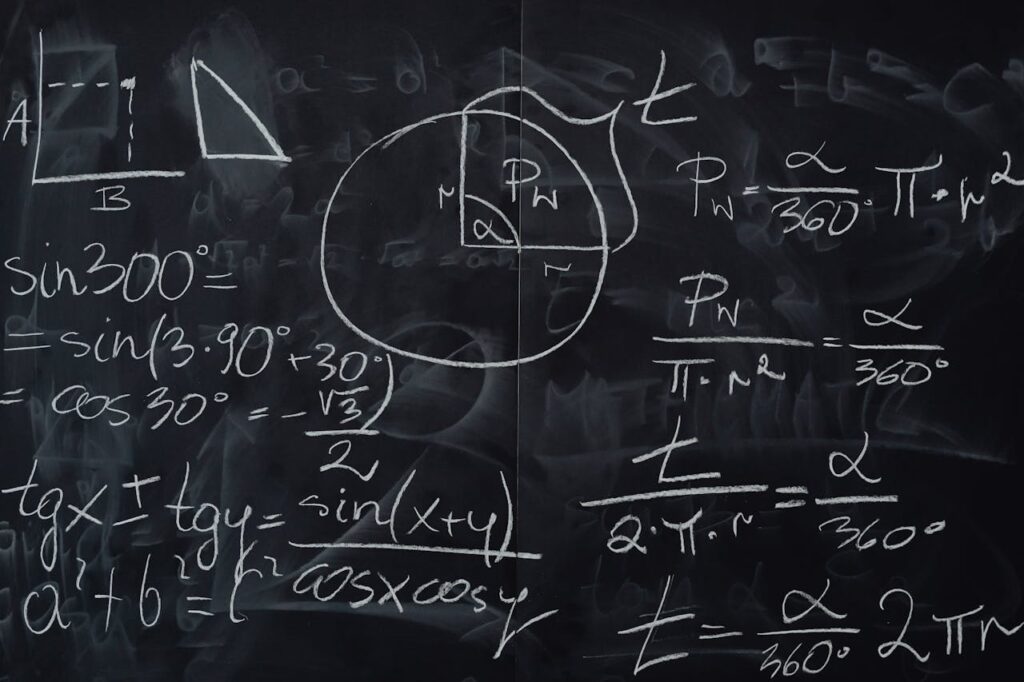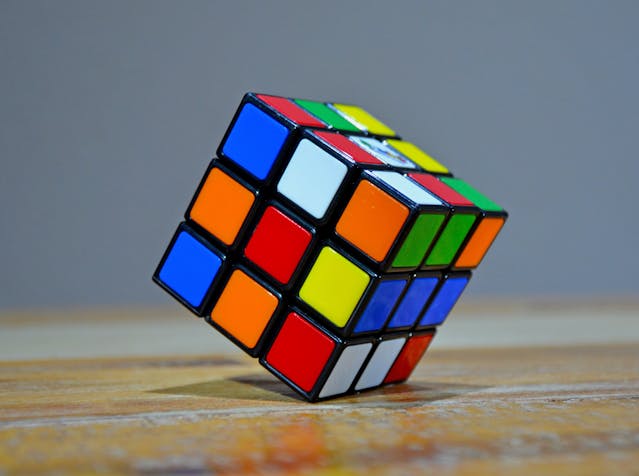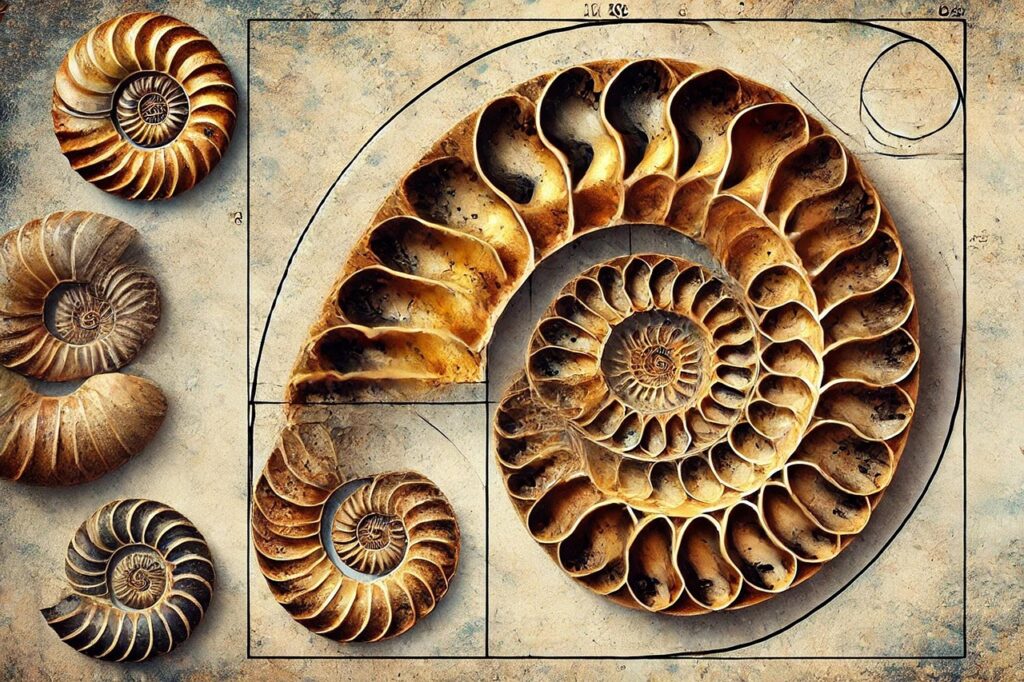
The Best 50 Facts About Maths – Change How You See Numbers
Facts About Maths
By learning the most compelling facts about maths, not only is curiosity awakened, but critical thinking and problem-solving skills are also enhanced.
Maths is often seen as rigid, formulaic, and intimidating. However, beneath the surface lies a world filled with wonder, mystery, and unexpected beauty.
Many people are unaware of how deeply maths touches every part of our daily life, from the spiral shapes of sunflowers to the volume of a pizza.
Indeed, maths is not just about solving equations—it is the universal language that bridges gaps across cultures, time periods, and even galaxies.
Whether you’re revisiting old concepts or discovering them for the first time, the amazing math facts presented in this article aim to educate, entertain, and inspire.
The Universal Beauty of Mathematics
Maths Across Ancient Civilizations
Throughout history, maths has served as a foundation for technological progress.
- The ancient civilizations of Babylon and Egypt used early forms of number systems for trade, agriculture, and astronomy.
- Roman engineers used roman numerals to record and measure architectural designs, some of which still stand today.
- The Arabic word “al-jabr” gave us algebra, introduced during the Islamic Golden Age.
Furthermore, the whole history of the universe has, in many ways, been recorded using mathematical principles—be it through the orbits of planets or the logic of graph theory in physics.
Mathematics in Everyday Life
Despite how abstract it may appear, maths is deeply integrated into our everyday life:
- Recipes use fractions and ratios.
- Navigation relies on geometry and trigonometry.
- Building heights and border lengths require accurate measurement.
- Even playing a video game involves complex coding based on maths.
Additionally, from calculating your expenses to planning your time, the full form of maths (Mental Ability To Handle Situations) comes into play more often than realized.
Fascinating Facts About Maths You Probably Didn’t Know

Interesting Facts That Might Surprise You
- The only even prime number is 2. All other prime numbers are odd.
- March 14th is celebrated as Pi Day, marking 3/14 (3.14), which is the value of pi to two decimal places.
- The largest known prime number has more than 24 million digits—an astounding discovery for the world of number theory.
- A palindromic number reads the same backward as forward, such as 1221 or 1331.
- The Fibonacci sequence, found in nature’s patterns, governs the spiral shapes of sunflowers and pinecones.
Significantly, each of these is not just an interesting tidbit but also a doorway into deeper exploration and appreciation for the subject.
Facts About Maths
Fact: The number of possible starting positions for a Rubik’s Cube is over 43 quintillion.
Source: (Guinness World Records, Rubik’s Cube Stats)
Mind-Bending Mathematical Concepts
The Concept of Infinity
Interestingly, the idea of infinity challenges even the most logical thinkers. While some numbers, like the smallest number greater than zero, are easily defined, infinity is not a number but a concept.
- It cannot be measured or counted.
- Mathematicians use it in graph theory, calculus, and theoretical physics.
- The three-body problem, which examines how three celestial bodies influence each other, often involves infinite solutions and chaos theory.
Additionally, Leonhard Euler, one of the most influential figures in mathematics, laid groundwork for understanding infinity and complex equations, contributing to nearly every branch of modern maths.
Prime Numbers and the Mystery Behind Them
Although prime numbers seem simple—they are numbers divisible only by 1 and themselves—they hold secrets still being uncovered.
- There is no known pattern to the distribution of prime numbers.
- The search for the largest known prime number continues, often aided by distributed computing projects.
- The only even prime number, 2, defies the rule that all primes are odd.
- Primes are used in secret codes, data encryption, and cybersecurity.
Moreover, number theory, which explores the properties of integers, has countless applications in both modern technology and ancient practices.
Amazing Math Facts That Sound Unreal

Surprising Yet True
Certainly, some of the amazing facts about maths are difficult to believe at first:
- The value of pi (π) has been calculated to over 62 trillion decimal places.
- A deck of cards can be arranged in more possible ways than there are atoms on Earth (52 factorial or 8.06e+67).
- The sum of the numbers on the opposite sides of a dice is always seven.
- A perfect rhombus can only be formed using equal side lengths and symmetric diagonals, showcasing the elegance of geometry.
Furthermore, the number 4 is the only number with the same number of letters as its value when written in the English language.
The Golden Ratio and Nature
Equally fascinating is how the golden ratio, approximately 1.618, appears in art, architecture, and biology.
- It can be found in the spiral shapes of sunflowers, shells, and even galaxies.
- The Fibonacci sequence, where each number is the sum of the two preceding ones, Fibonacci Sequence:
- 0, 1, 1, 2, 3, 5, 8, 13, 21, 34, 55, 89, 144, …
- Explanation:
- Start with 0 and 1.
- Then:
- 0 + 1 = 1
- 1 + 1 = 2
- 1 + 2 = 3
- 2 + 3 = 5
- 3 + 5 = 8
- … and so on. These then converge to the golden ratio as it progresses.
- Ancient Greek structures and the Pyramids of Egypt exhibit this ratio.
Moreover, this ratio continues to inspire modern design, proving that facts about maths are not just for textbooks—they live in our environment.
Math in Fun and Play
Math Puzzles and Problem Solving
Certainly, not all maths needs to be serious. Engaging with math puzzles or calculating the exact order of the cards in a shuffled pack of cards is a great way to train the brain.
- Sudoku and logic puzzles improve problem-solving skills.
- Playing with a Rubik’s Cube requires pattern recognition and algorithms.
- Magic tricks involving numbers rely on number theory and probability.
Above all, these games reveal how maths can be fun, accessible, and mentally stimulating for all ages.
Mathematical Wonders in Nature and the Universe

Mathematics and Space Exploration
The beauty of maths extends far beyond Earth, influencing our understanding of the cosmos.
- Space exploration relies heavily on mathematical equations for calculating orbits, propulsion systems, and even time travel concepts.
- The concept of infinity is integral to understanding the vastness of the universe and the mysteries that lie beyond.
- The number system used in astronomy involves calculating distances that are beyond human comprehension—light-years, for instance, require vast sums to convert to standard units of measurement.
In fact, mathematicians use complex equations and graphs to predict planetary movements, as demonstrated by the work of famous figures like Leonhard Euler and Isaac Newton.
Palindromic Numbers and Their Unique Nature
Another intriguing aspect of maths is the concept of palindromic numbers, which remain the same when reversed. These numbers, such as 121 or 9009, fascinate not only mathematicians but also those who appreciate symmetry and order.
- Palindrome numbers often appear in number theory and even in everyday objects, such as dates (e.g., 02/02/2020).
- The study of palindromic numbers reveals patterns in digits that are sometimes unexpectedly related to prime numbers or irrational numbers like pi.
Indeed, the allure of palindromic numbers is found in their symmetry, making them both beautiful and mysterious at the same time.
How Maths Affects Daily Life

Math in Everyday Decisions
You may not realize it, but maths governs many decisions made in daily life. From birthday paradoxes to choosing the smallest number in a set, maths helps make sense of the chaos around us.
- When you calculate your grocery bill or split the cost of a meal with friends, you are actively applying basic arithmetic.
- The number of possible ways to arrange your wardrobe or plan a trip involves combinatorics and probability theory.
- Math fun facts abound in everyday scenarios, such as calculating the sum of the digits to check the validity of credit card numbers.
In short, maths isn’t confined to a classroom or research lab; it’s embedded in almost every decision we make, sometimes without us even realizing it.
Maths and Critical Thinking
The ability to engage in critical thinking and analyze situations logically is one of the most powerful benefits of learning maths.
Mathematical thinking sharpens the mind, helping us solve problems systematically and make informed decisions.
- Many employers value employees with strong problem-solving skills because they can assess situations from multiple angles and find the most efficient solutions.
- Math puzzles, such as those found in crossword puzzles or games like Sudoku, encourage the development of these skills.
By engaging in problem-solving, whether for personal or professional purposes, we develop a mindset that can be applied to many areas of life.
Noteworthy Math Facts and Fun Trivia
Wonders of the World and Maths
Amazingly, many wonders of the world—both ancient and modern—were built using mathematical principles.
- The Pyramids of Giza were constructed with precise measurements based on the number system of ancient Egypt.
- The Eiffel Tower in Paris, which stands as a modern marvel, was designed using geometry and trigonometry.
Mathematics is thus the backbone of much of human achievement, showing that facts about maths go far beyond numbers and equations—they are the building blocks of human history and culture.
Maths in Fun and Games

How Maths Shapes the Games We Play
From board games to video games, maths plays an essential role in shaping the way we engage with entertainment and challenges.
- Probability is integral to games like poker, where the likelihood of certain hands determines the strategy players adopt.
- The number of letters in a game like Scrabble affects the strategic approach to playing tiles, with players needing to consider which digits to use for maximum points.
- Video games rely heavily on random numbers and algorithms to create levels, determine enemy behavior, and ensure fairness in gameplay.
Moreover, games like Rubik’s Cube and chess involve pattern recognition, critical thinking, and problem-solving that sharpen the mind.
All of these involve math fun facts in one way or another, showing how maths can make games more engaging and intellectually stimulating.
The Magic of Random Numbers
Random numbers often hold fascination, particularly when used in cryptography or gambling.
- Casinos rely on random number generators (RNGs) to ensure the fairness of games such as slots or blackjack.
- In number theory, random numbers are crucial in testing statistical hypotheses or simulations in fields like meteorology and physics.
Interestingly, the next time you roll a deck of cards, the exact order of the cards is one of the number of possible ways to arrange them—a staggering 52 factorial (52!) different combinations.
This shows just how powerful random numbers can be in creating both fun and complexity in games and real-life scenarios.
Facts About Maths: Frequently Asked Questions (FAQs)

What is the smallest prime number?
The smallest prime number is 2, which is also the only even prime number.
How many digits are in pi?
The digits of pi are infinite, with the number continuing indefinitely without repeating. As of now, it has been calculated to over 62 trillion decimal places.
What is a palindromic number?
A palindromic number is a number that remains the same when read forwards and backwards. For example, 121 or 1331.
Why are Fibonacci numbers important in nature?
The Fibonacci sequence is closely related to natural patterns, such as the arrangement of leaves, flowers, and the spiral shapes of sunflowers.
What is the importance of pi in mathematics?
Pi (π) is fundamental in mathematics, especially in geometry. It is the ratio of the circumference of a circle to its diameter and appears in many formulas across various mathematical disciplines.

Facts About Maths Conclusion
Maths is often seen as a challenging and abstract subject, but the facts about maths reveal its deep connection to our world, our history, and our future.
Whether it’s in the number system that powers computers or the sequence of numbers that govern nature, maths is a thread that weaves through all aspects of life.
By understanding these concepts, we not only gain knowledge but also sharpen our ability to think critically and solve complex problems.
From ancient civilizations to modern space exploration, the application of mathematical principles continues to unlock new possibilities.
By embracing the wonders of maths, we gain a greater appreciation for the world around us and the infinite potential of human curiosity.
So, the next time you encounter a math problem, remember—it’s not just about numbers; it’s about understanding the very fabric of our universe.




